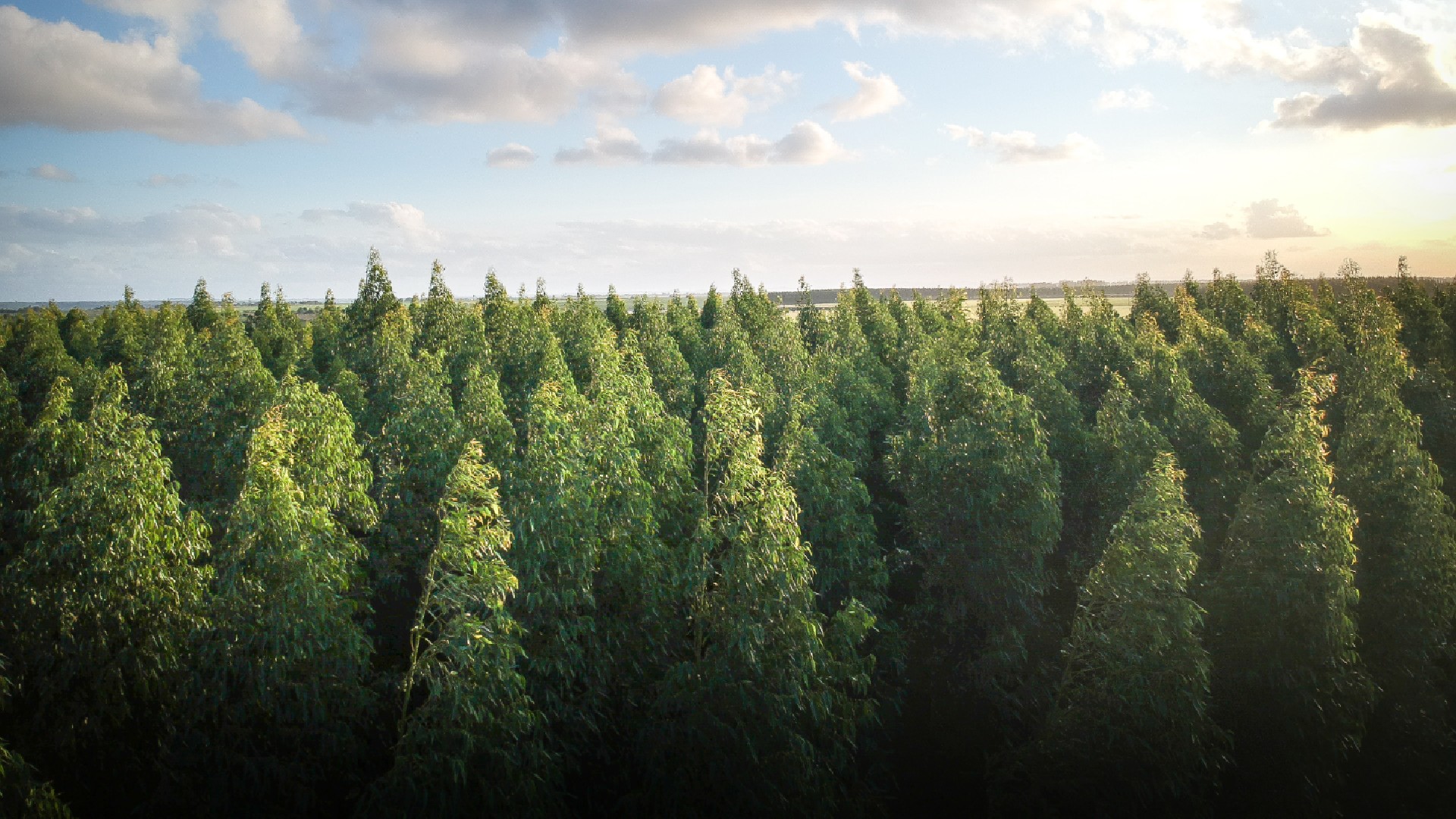3 min read
AFF Introduces Family Forest Carbon Program for Timberland Owners
Forest2Market
:
April 28, 2020

The Family Forest Carbon Program (FFCP) is a new program, co-created by the American Forest Foundation and The Nature Conservancy, to address climate change through family-owned forestland, providing companies an opportunity to make a positive impact on the environment, buy carbon credits and reduce their carbon footprint.
In the US, families and individuals own the largest portion – 38 percent - of all forests. Yet these owners, with most owning parcels between 20 to 500 acres, have been unable to access carbon markets due to high upfront costs and complexity. The Family Forest Carbon Program helps solve this challenge, opening 290 million acres of forestland to additional carbon sequestration potential.
Carbon produced from the small landowner holdings enrolled in the Program will be available for purchase in the form of verified carbon credits. For companies, this provides a method for emissions offsetting that can be used when energy efficiency, renewable energy, and employee behavior change strategies have all been exhausted.
"Nearly all small family forest owners are left out of current carbon markets due to high cost and complexity," said American Forest Foundation's Family Forest Carbon Program director Christine Cadigan. "Yet carbon markets could provide landowners with needed income to help them care for, and conserve, their land. Finding a solution to this, is key to our program success."
More specifically, the program helps small family forest owners participate in a previously inaccessible carbon market. The Family Forest Carbon Program unlocks access to this market by taking a practice-based approach whereby forest landowners in the program receive incentive payments to implement specific sustainable forestry practices that increase carbon storage. Monitoring of carbon is then calculated based on targeted measurement of forest stock changes, rather than more time-intensive traditional forest carbon inventories. This reduces the costs to landowners by 75%.

The Landowner Enrollment Pilot in Pennsylvania
The FFCP launched its first pilot in select counties in Pennsylvania, recruiting landowners who are eligible based on size and goals for their land. The Program provides those enrolled with incentive payments to implement geographically specific sustainable forestry practices that increase sequestration and storage of carbon, while also improving the health of the forest.
The FFCP pilot is enrolling landowners, who can participate in two practices:
- Growing Mature Forests - The Growing Mature Forests practice promotes the growth of larger, higher quality trees by limiting harvesting over a 20-year contract period, in line with the landowner’s management plan.
- Enhancing Future Forests – The Enhancing Future Forests practice promotes robust successful regeneration of new forests by having the landowner reduce competing vegetation following or preceding a regeneration harvest. This will allow quality trees to have the space, sunlight and water needed to grow.
Monitoring and measurement of carbon takes a practice-based approach, meaning the carbon is calculated based on forest stock changes, rather than the costly forest carbon inventories. This reduces expenses to landowners by 75% compared to traditional carbon offsets markets.
Landowners can see if they are eligible by visiting, www.familyforestcarbon.org.
Co-Creating a New Carbon Accounting Methodology with Verra
The AFF and TNC teams are using a new innovative methodology to measure carbon sequestered by family forests, co-created with Verra, the non-profit organization that oversees the Verified Carbon Standard (VCS), the world’s leading voluntary program for the certification of greenhouse gas emissions reduction projects.
This new innovative methodology takes a practice-based approach that allows the program to streamline the measurement process, while also getting to more accurate accounting. Meaning:
- The forest practices landowners conduct have been modeled to scientifically calculate the carbon sequestered.
- Measurement of the carbon sequestered through the program is based on forest stock changes seen through taking a positive action from these practices (Traditionally carbon is measured by costly carbon inventories taken over the life of the contract).
- The carbon measurements are then verified by a third-party, to ensure that issues like permanence, leakage and additionality are appropriately addressed.
“The Family Forest Carbon Program team is committed to producing a workable methodology to engage America’s 290 million acres of family-owned forest in material climate mitigation. TNC’s latest science suggests natural climate solutions, and specifically forests, provide the greatest opportunity to realize carbon sequestration and storage benefits immediately,” says Peter Ellis, Lead of TNC’s Global Natural Climate Solutions Science Team. “Improved natural forest management tools like those developed by the Family Forest Carbon Program are unlocking the action we need now to deliver measurable climate benefits, and they have huge potential to scale in ten years we have, to meet the global challenge of climate change.”
AFF and TNC just received concept approval from Verra on the methodology. They are using the Pennsylvania pilot to ensure the approach works seamlessly for landowners while maintaining credibility. AFF and TNC will continue working with Verra on the methodology approval process, with the goal of achieving final VCS inclusion later in 2020.
Program partners include International Paper, Domtar, 3M, Amazon and others. For additional information on AFF or for Program details, visit American Forest Foundation.




